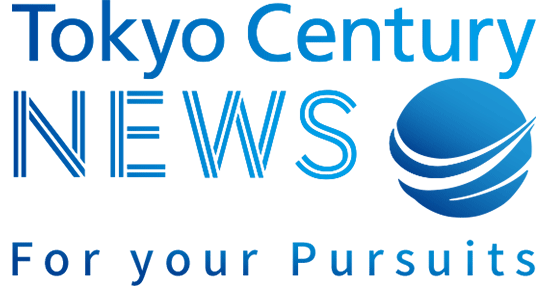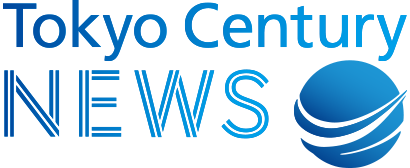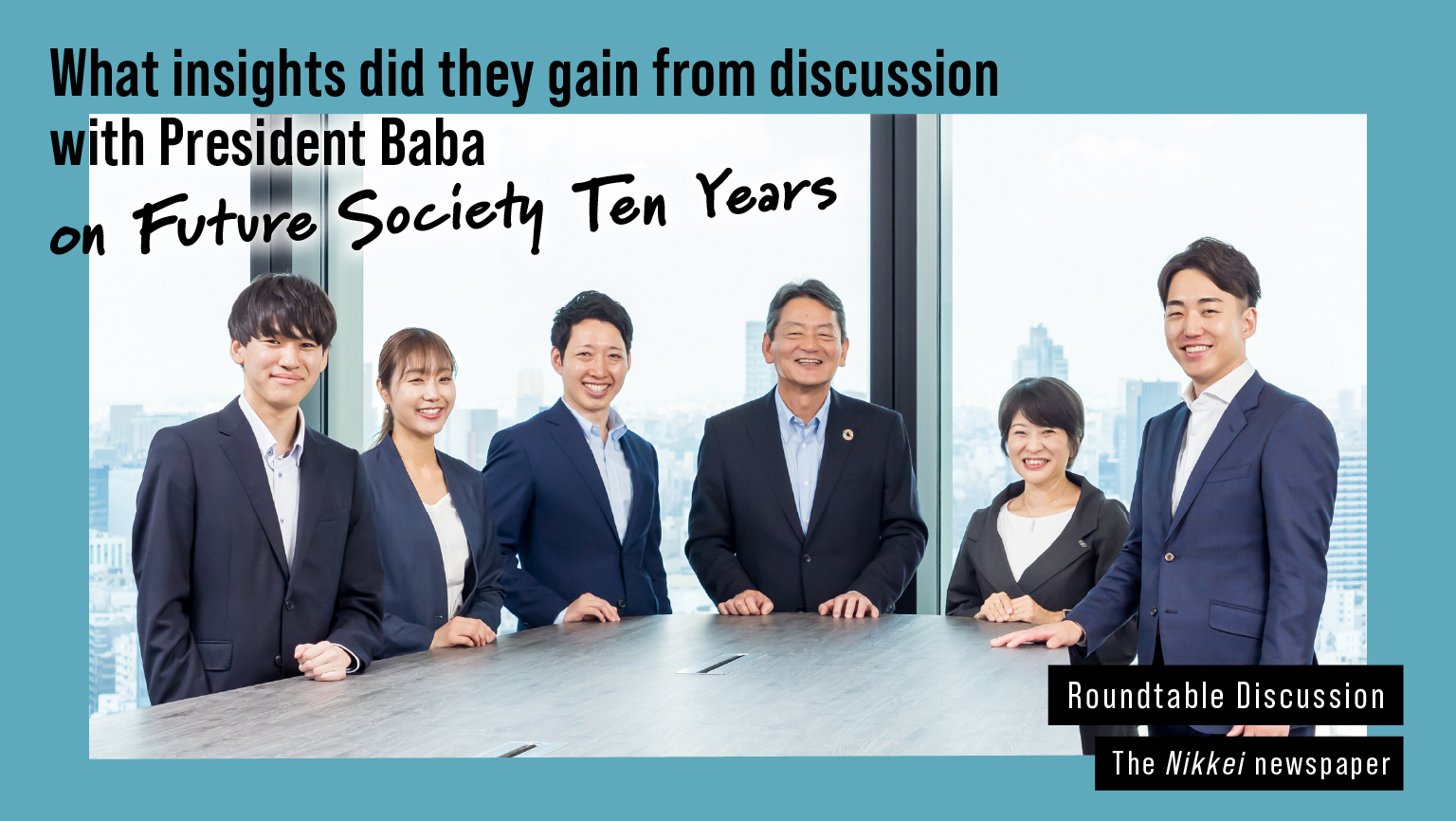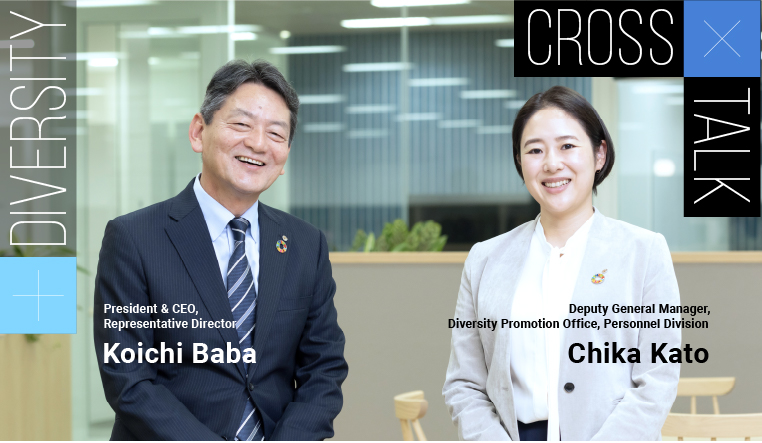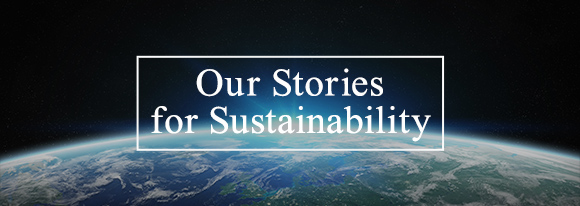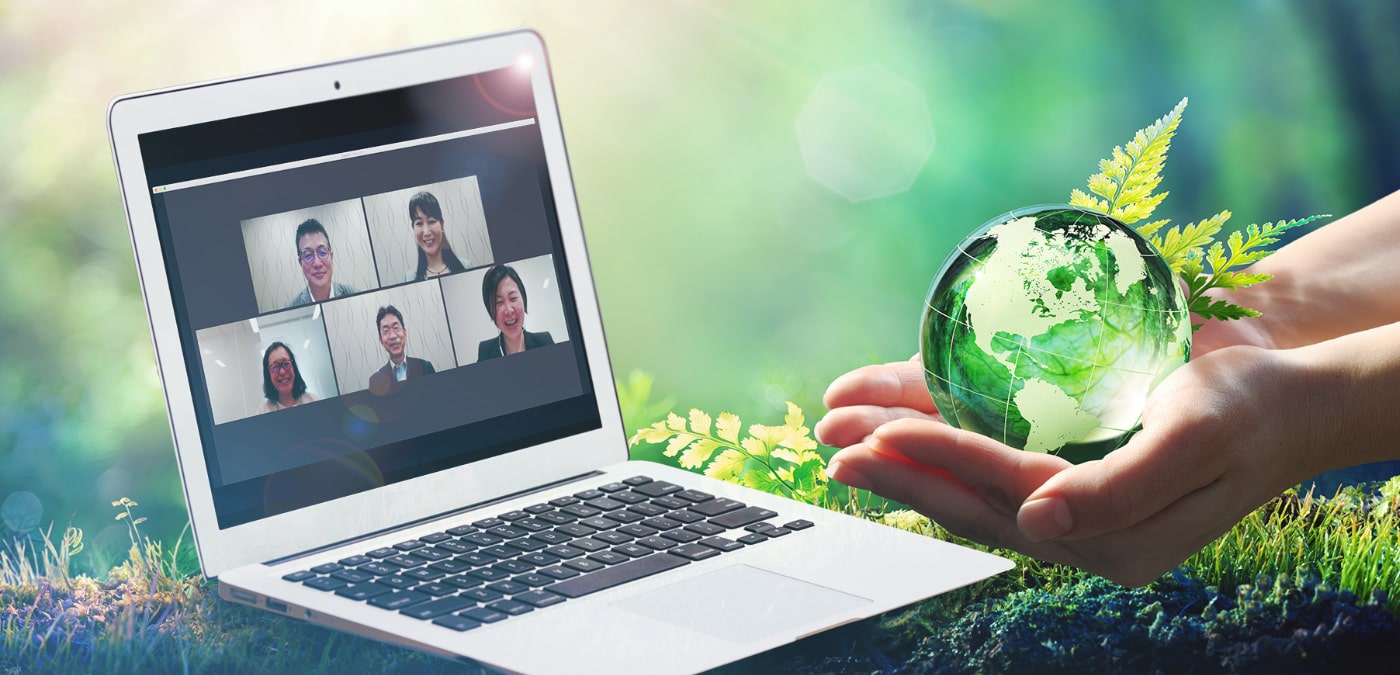
Members of Tokyo Century’s Sustainability Management Division Share Their Personal Experiences with Sustainability
May 26, 2021
Tokyo Century launched its Sustainability Management Division in April 2021 amid the growing worldwide interest in ESG and the SDGs. The division is made up of five members having different career paths and backgrounds. To mark the division’s launch, its staff were asked to share their thoughts or first encounters with sustainability and their vision of the company’s initiatives in this area.
Strong Affinity for Sustainability and Adaptability to Change are Tokyo Century’s Major Strengths
――Tell us how the Sustainability Management Division was launched.
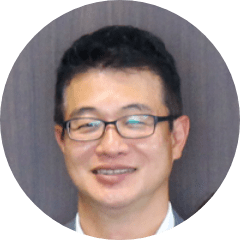
Okade
Tokyo Century originally had an Environment and CSR Office, which was mainly tasked with replying from a cross-sectional perspective to external inquiries about its environmental activities and corporate governance. This office was replaced by the Sustainability Management Office in 2018 with the aim of providing a greater emphasis on sustainability efforts and thus more effectively responding to the accelerating global trends related to ESG and the SDGs, two concepts that have quickly come to play a stronger role in evaluating corporate performance. At first, Ms. Unno and I were the only members. The two of us on our own ran in-house training programs and information delivery work to raise awareness of sustainability across the company while also doing our jobs in other departments.
The Sustainability Management Office was officially upgraded to the Sustainability Management Division in April 2021 with a total of five members including Mr. Okade and me. Each member represents a different career experience and background.
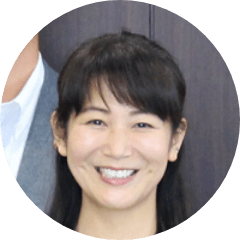
Unno
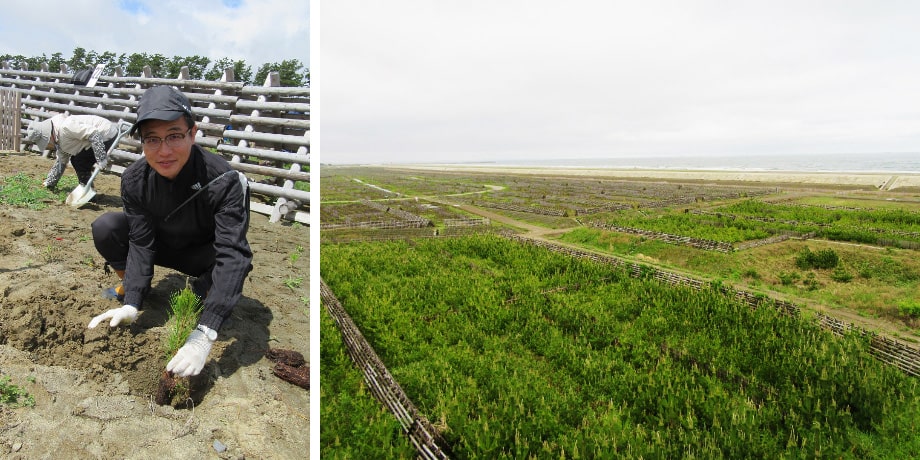
Joined the Tree Planting Ceremony held on the Tsunami Disaster-hit Natori Coastal Area
――What are the main factors supporting Tokyo Century’s sustainability activities?
When I joined the company, I thought the management philosophy of contributing to the creation of an environmentally sound, sustainable economy and society had a lot to do with the fact that its founding business is leasing--a business with a high affinity for sustainability. I suppose the fact that the company operates a renewable energy business is another advantage.
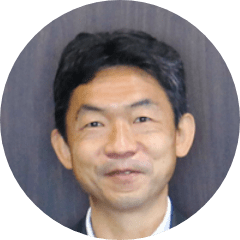
Kamei

Okade
Another strength, I might add, is the adaptability to change. According to the results of an employee engagement survey in February 2019, conducted by an outside consulting firm, among Japanese companies, our ability to quickly respond to change and attitude toward innovation are as strong as international high-tech companies. If more of us recognized the importance of sustainability and the vital role of being flexible in terms of change, Tokyo Century would more effectively contribute to the resolution of social and environmental issues and grow into a more mature organization.
――About three months have passed since the launch of the Sustainability Management Division. What has changed since it served as the Sustainability Management Office?

Okade
The division is better positioned to expand its activities with new members who have different backgrounds and experiences. Ms. Matsumoto applied to the Career Challenge Program, introduced in 2020, to be transferred to the Sustainability Management Division. At a post-assignment interview, she enthusiastically shared her medium- to long-term plans in the division. I hope the division’s assignments will provide opportunities for her and other members to pursue their personal goals as well.
Awareness of sustainability changes when you recognize it as a personal responsibility.
――Ms. Matsumoto, you applied to the Career Challenge Program to be transferred to the Sustainability Management Division. What influenced your decision?
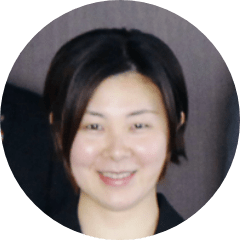
Matsumoto
I belonged to the Ship Finance Division and engaged in ship financing for six years before the transfer. In early 2020, when I was working for a joint loan project with a French bank, I was asked by the bank’s team whether Tokyo Century intended to join the Poseidon Principles. That was when I started becoming interested in sustainability.
――Tell us more about the Poseidon Principles.

Matsumoto
The Poseidon Principles are a framework developed by financial institutions for funding the decarbonization of the maritime shipping industry. The framework, as I understand it, is designed so that participating financial institutions can eventually support, as ship financiers, the global reduction of CO2 emissions. The more I studied the principles, the more I thought I’d like to acquire professional knowledge of sustainability and encourage Tokyo Century to become a signatory of the principles. I also thought that engaging in the principles and a similar global framework would help Tokyo Century open up to new business domains. These notions drove me to apply for a transfer to the Sustainability Management Division.
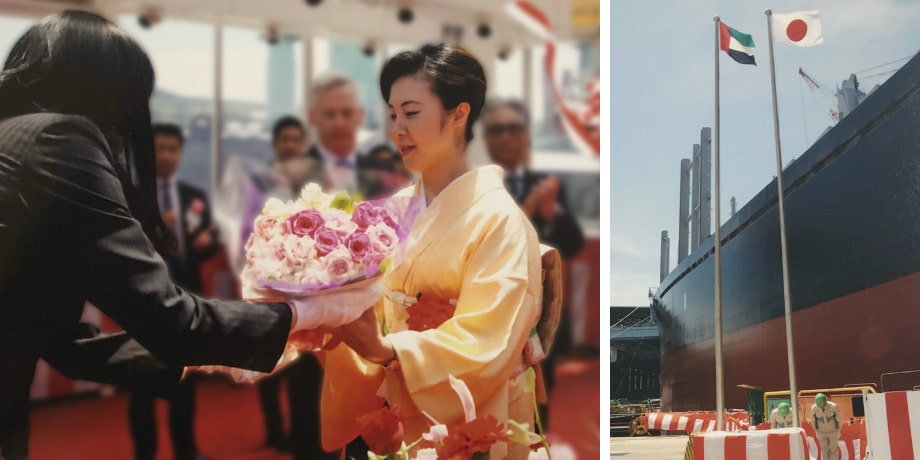
Ms. Matsumoto, godmother of the vessel for which Tokyo Century provides financing, attended the completion ceremony. The vessel is equipped with a ballast water treatment system and eco-friendly engine.
――Would the rest of you also share your personal experiences or first encounters with sustainability?
I have been interested in supporting the education of young girls in developing countries since I was a child. I remember asking my parents how to donate my New Year’s gift money to a charitable organization for developing countries. But they told me that I should wait until I grew up and could work to earn the donations on my own. Don’t just be content with a one-time donation, they told me, look for a way to offer more sustainable support. That was one of my early lessons about sustainability.
Since I started working here, I’ve provided support for children in developing countries through an organization called Plan International Japan. I’ve also been exchanging letters with a girl in Ecuador. It’s important that girls in developing countries be able to attend school to increase their options for work and help them become economically independent. My mission for years has been to support the education of young girls, and I hope that more and more of them will go to school thanks to influence from the children I’ve supported.

Unno
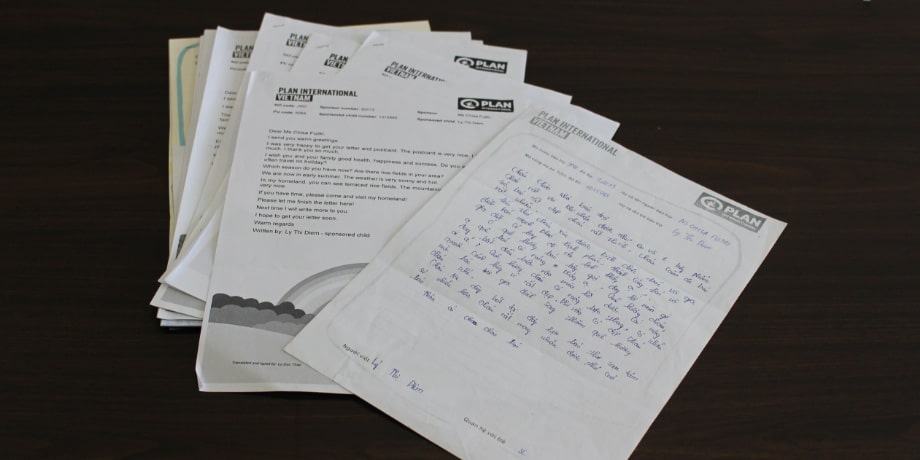
Letters from Children that Ms. Unno has sponsored for years.
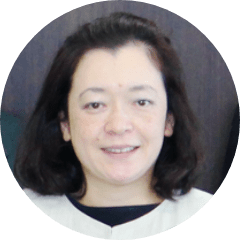
Fujinuma
My interest in sustainability began two years ago when I visited an island overseas. Sunscreen was banned there to protect marine life. I also learned that plastic waste had been reduced as a result of the islanders’ efforts. Those initiatives were amazing and made me realize that Japan was somewhat behind when it came to protecting the environment. I’ve since become more conscious of the environment. And when I visited Miyako Island after that, I still have strong memories of the residents explaining to me how the presence of coral reefs and developed coasts affect the transparency of seawater.
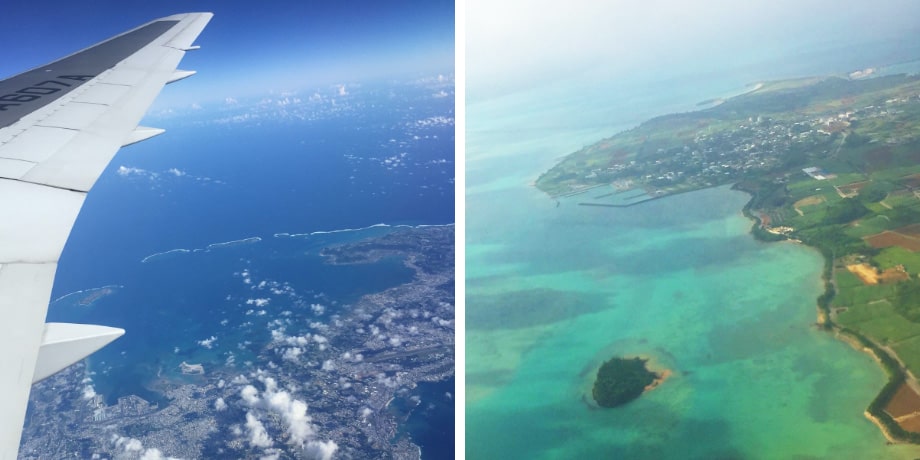
Sea around Okinawa shot from an airplane. On the right is Miyako Island, and the surrounding sea, with transparent water, is rich in coral reefs.

Fujinuma
What any of us can do personally for the environment may be limited, but the first step toward genuine sustainability is for each of us to engage in environmentally sound actions. For example, I’ve made it a habit to more frequently turn off electrical appliances, carry reusable bags, and buy local product whenever possible, and to do at least one thing for sustainability every day. These simple actions have enriched my mind and life and will help lead to a prosperous and comfortable society for everyone.

Okade
I think my interest in sustainability dates back to my childhood in Otaru, Hokkaido, where I was surrounded by an abundance of nature. As a child, I liked animals so much that I dreamed of becoming a zoologist. Maybe that’s why I’ve had an inexplicable yet strong fear over the possible destruction of nature since I was a child.
I was already involved in work related to sustainability when I first became personally aware of what it means. That was around the the time when the Paris Agreement and the UN’s SDGs were adopted. The world has changed course, I thought. I remember thinking that the time had come when responses to global warming and other sustainability issues directly impacted corporate performance, and companies that remain indifferent or fail to take action will no longer be competitive. I realized then, too, that something in myself had changed. I started carrying my own bottle and taking personal responsibility for sustainability.

Kamei
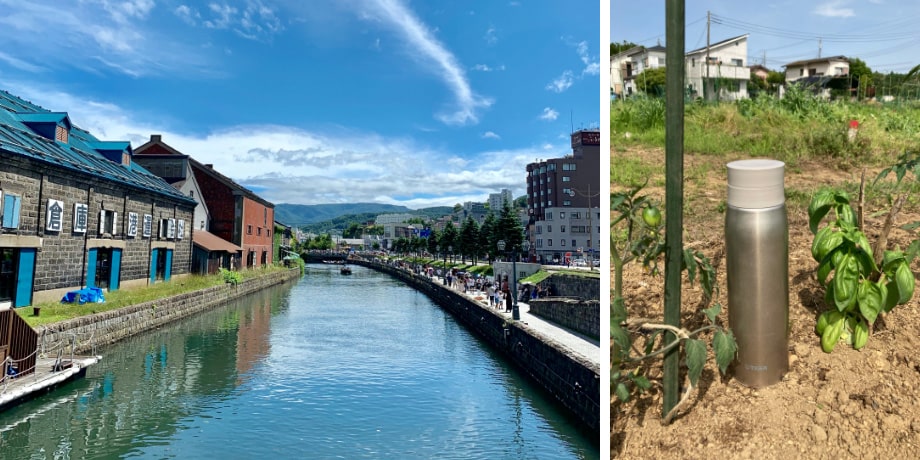
The town of Otaru, where Mr. Okade grew up. / The bottle Mr. Kamei carries with him every day.
――Thank you for sharing your experiences. Now, what tasks or issues are the division planning to work on?
We need to visualize the relationship between each employee’s work and sustainability. How is your work helping to achieve the SDGs? How is your customer’s business contributing to society? Answering such questions will help our colleagues understand that sustainability is their personal business as well. So, the task at hand now is to nurture this understanding across the company.

Kamei
The Environment Office under the Risk Management Division, to which I belong as well, provides support in the form of holding dialogues during which salespeople identify the SDGs that their sales projects have an impact on. Knowing, for instance, that an upcoming project will contribute to a low-carbon society, or that an alliance with a certain company is relevant to a SDG, will encourage them to recognize the SDGs as their personal responsibility.

Unno

Okade
Generally speaking, how well the idea is instilled across the company is the key to successful sustainability activities. And I used to think that it was challenging for Tokyo Century. However, I recently started seeing the positive changes. For example, at the division and branch managers’ meeting, which have been held online since 2020 due to the COVID-19 pandemic, every business division leader presented their fiscal targets for contributing to the SDGs through their respective businesses. In 2019, sustainable management was explicitly stated for the first time in the strategies of the Medium-Term Management Plan. Since then, management has been proactively communicating our ESG and SDGs initiatives to stakeholders, thereby prompting employees to include the aspect of sustainability in their work operations. That was when I became convinced that awareness of sustainability has rapidly grown.
Working Hand-in-Hand with Customers to Raise Global Awareness of Sustainability
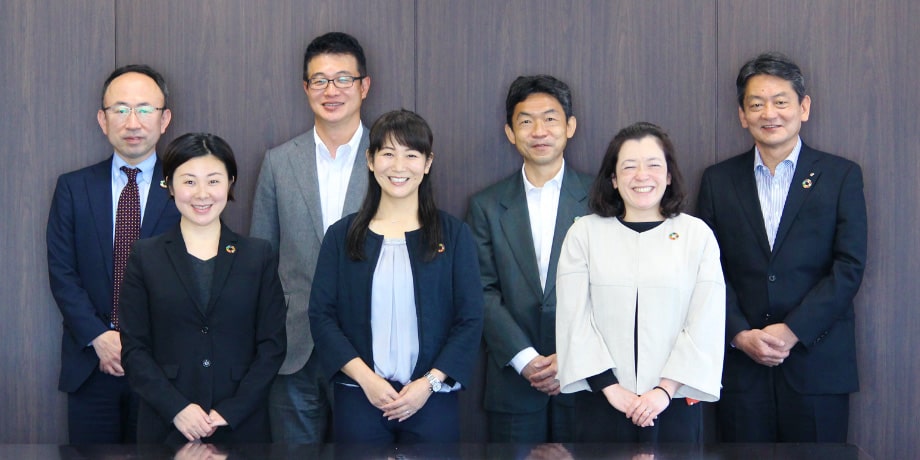
Members of Sustainability Management Division
――Some of our readers may have recently been assigned to promote operations related to sustainability, the SDGs, or ESG and are studying these areas. What advice do you have for them based on your experience?

Fujinuma
Just as Mr. Kamei pointed out, I also think the first important step is to recognize sustainability as your own personal responsibility. Read newspapers or Internet news sources about sustainability issues that happen to attract your attention to become familiar with them. Once you’ve deepened your knowledge, try to discuss with your colleagues how one project or another would contribute to sustainability. These actions will help you instill the concept of sustainability among your colleagues.
An examination to determine SDG proficiency, "SDGs Kentei" in Japanese, was launched in 2019. To prepare, I read materials about the SDGs on the UN’s website as well as books written about the SDGs. That gave me the opportunity to understand the background behind the formulation of the SDGs and learn how SDG initiatives are being implemented around the world. I recommend those who have been recently assigned to deal with sustainability or SDG projects take the exam to deepen their knowledge. I also suggest subscribing to sustainability-related e-mail newsletters to gather information about sustainability.

Unno
――Finally, tell us how the Sustainability Management Division will evolve into the future.

Okade
We intend to strengthen the division’s communication efforts for providing valuable information to employees.

Matsumoto
We are working hard on this, and we think sharing case studies of successful projects could be effective. For example, information about future urban standards or smart cities around the world would help employees imagine the kind of future their work could bring about. I hope that the division will provide such information.
I believe that the Sustainability Management Division should drive the company’s environmental efforts. Contribution to environmental sustainability is actually a work domain of the Risk Management Division, to which I’ve been assigned and which entails planning to extend the scope of environmental assessment this fiscal year. I’d like to create a structure to more clearly understand the close relationships between business and the environment and therefore think about their own impact on environmental issues. Communicating relevant information from the Sustainability Management Division will help a lot. I also believe that applying the framework of the TCFD*, to which we recently announced our commitment, will allow us to know the impact of our businesses on climate change and its CO2 emissions, ultimately contributing to achieving sustainability.

Unno
*Task Force on Climate-related Financial Disclosures
The TCFD was established by the Financial Stability Board (FSB) at the request of the G20 to develop recommendations on the disclosure of climate-related information and responses by financial institutions related to climate change. In June 2017, it announced its recommendations on the disclosure of corporate responses to climate change.
TCFD official site

Okade
As stated in its management philosophy, Tokyo Century "will work alongside customers in pursuit of their growth and will contribute to the creation of an environmentally sound, sustainable economy and society." Right now, all employees are striving around the world to help create a sustainable economy and society. Working for sustainability hand-in-hand with customers and gaining positive public recognition will eventually lead to our own corporate growth. The more experience we gain in sustainability efforts, the greater our business opportunities will grow and enable us to tackle and resolve sustainability issues, allowing us to contribute to the attainment of the SDGs as goals being pursued worldwide. That’s to say, working for sustainability with customers creates virtuous cycles.
Driving a corporate sustainability effort will absolutely require that every employee recognizes this as part of their natural duties in the midst of their daily work and feels they are actually contributing to sustainability. To that end, members of the Sustainability Management Division will work in concert to do everything necessary and provide the support they need.

Yuichi Okade
Okade is general manager of the Sustainability Management Division. He took on this post after being in lease sales for many years and working in the Structured Finance Division, and he continues to work in the Corporate Planning Division.

Chisa Unno
Unno is a manager in the Sustainability Management Division and worked in domestic corporate lease sales for more than ten years before moving to an affiliate subsidiary and being appointed to her current position. She also works in the Risk Management Division.

Hiroaki Kamei
Kamei worked in domestic corporate sales and money market operations at a major Japanese bank before he became engaged in the bank Group’s SDGs and ESG projects. He joined Tokyo Century in April 2021 and has been assigned to the Sustainability Management Division.

Akiko Matsumoto
Matsumoto joined Tokyo Century after working at the Consulate-General of Panama in Kobe. She worked in the ship financing field for six years in the Ship Finance Division. She was transferred to the Sustainability Management Division in April 2021 after applying for a position through the Career Challenge Program.

Hiroko Fujinuma
Fujinuma joined Tokyo Century in 2010 after working at financial institutions, including a bank and a credit card company. She has worked as an assistant in the Corporate Planning Division and also serves in the same role in the Sustainability Management Division, handling all kinds of support.
*The contents of the article and the position titles are as of the date posted.
RECOMMEND ARTICLES
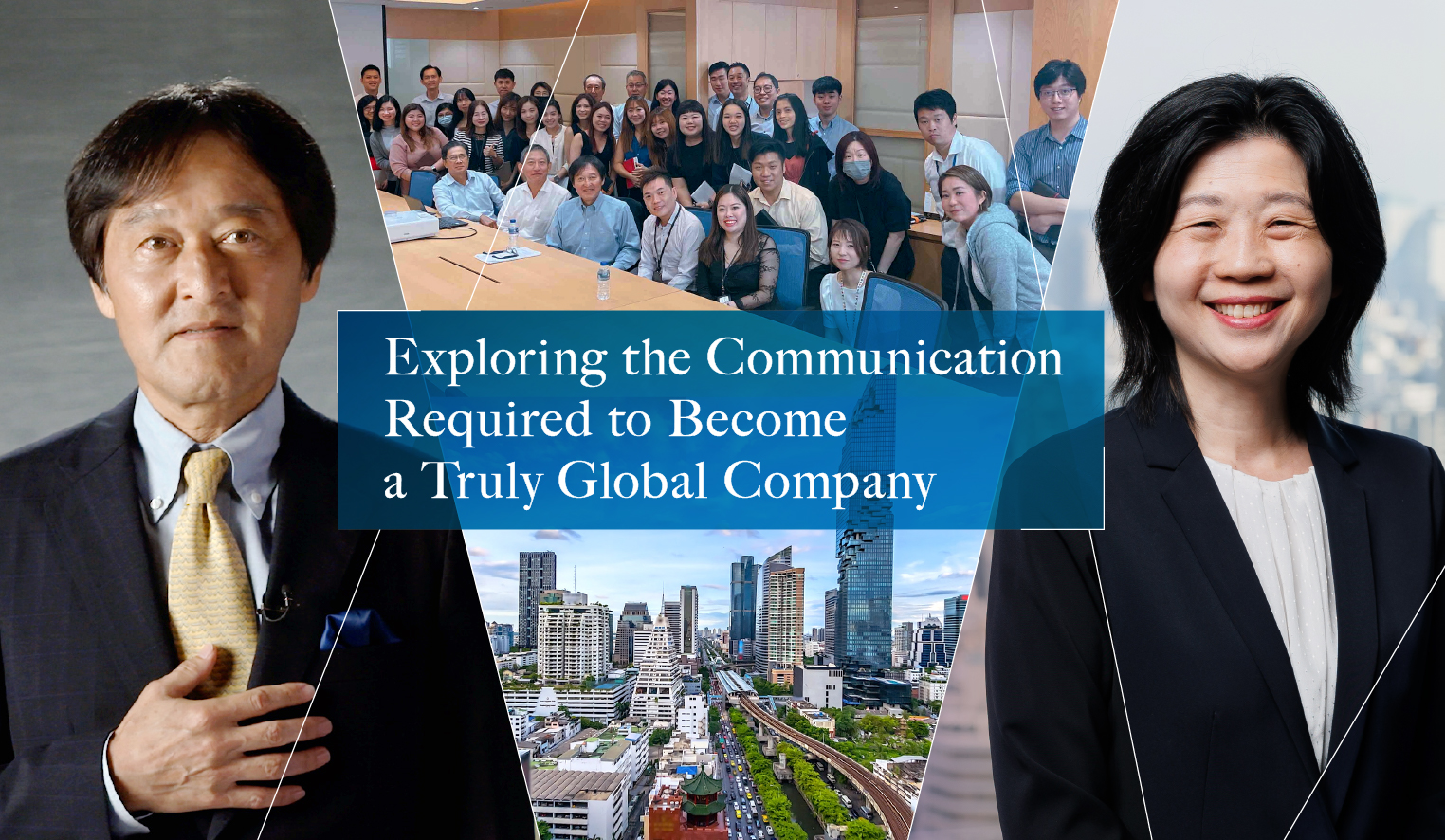
—Exploring the Communication Required to Become a Truly Global Company
Aug 21, 2024
Communication has be…
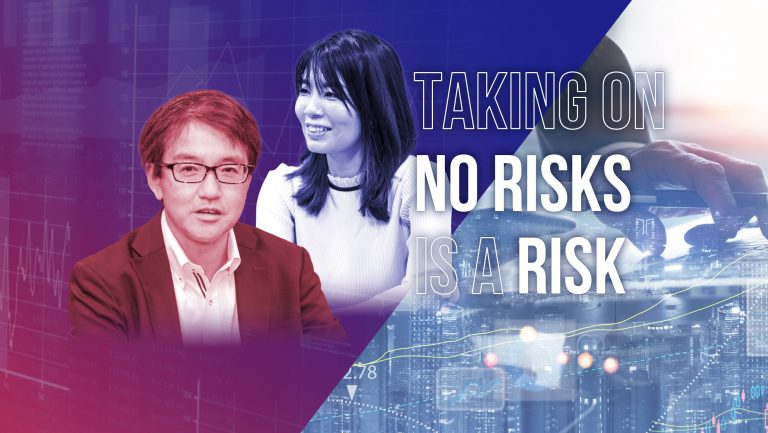
Dec 20, 2023
New risk factors hav…
